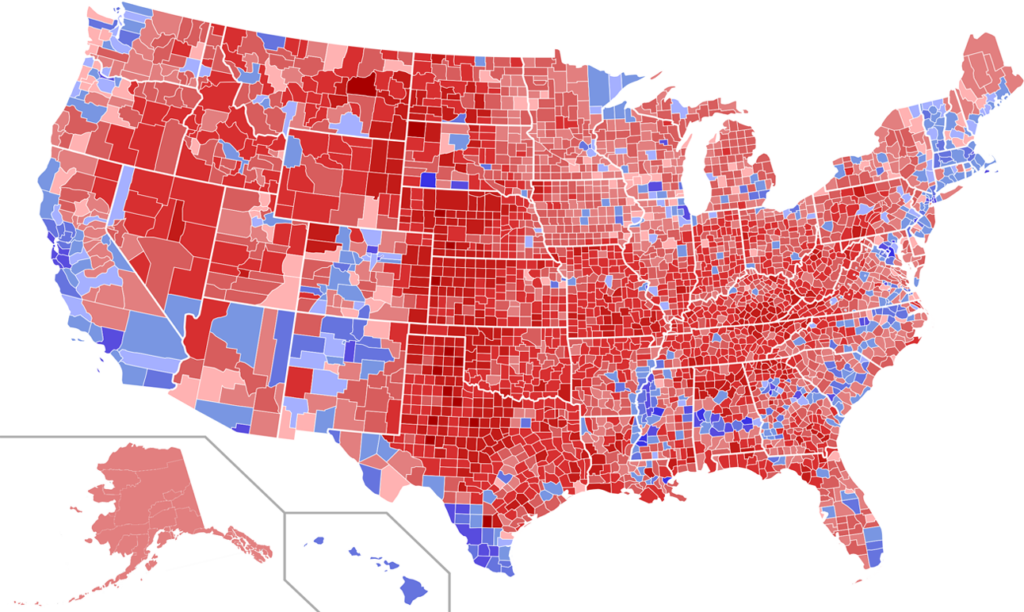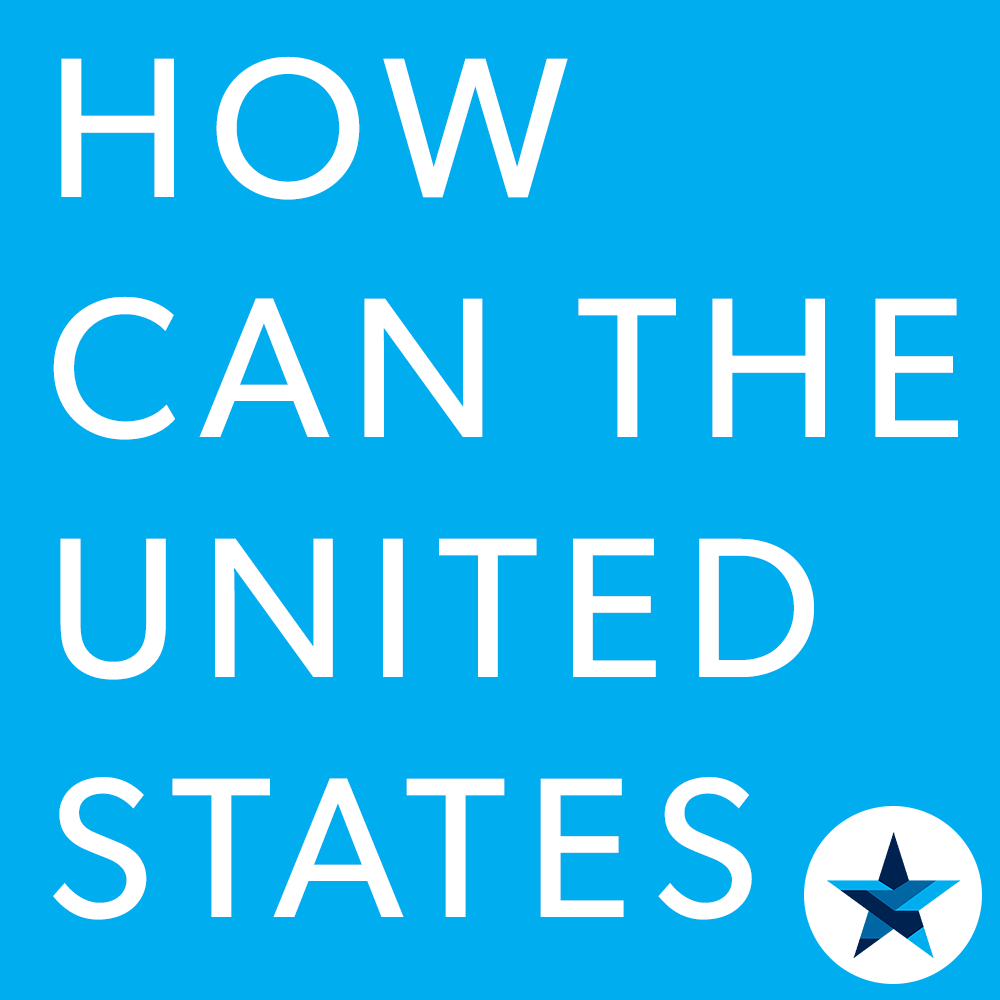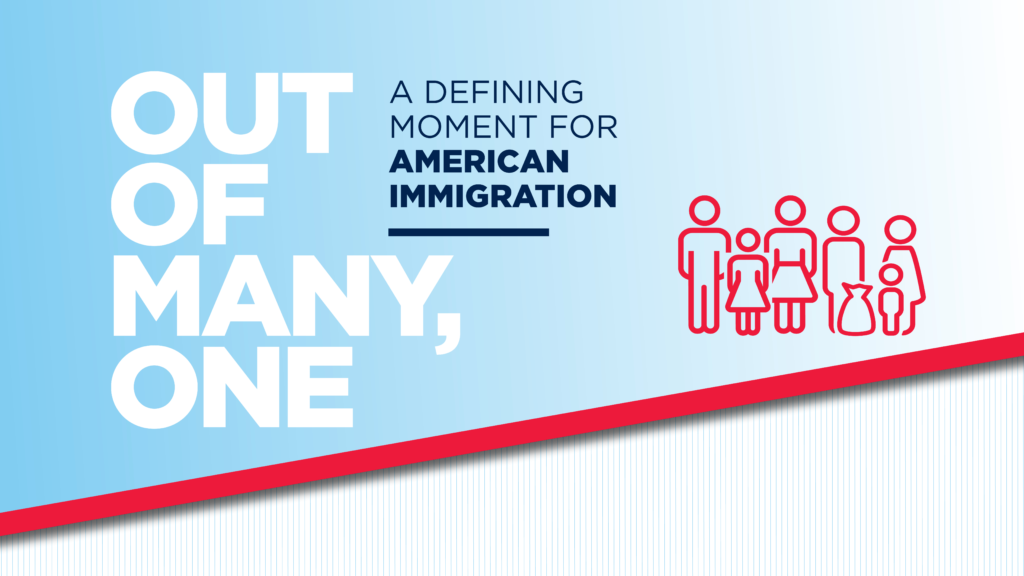
Introduction
In May 2018, sitting among ten fellow residents of her Southern California community, a woman of deep faith paused. Tearing up, she quietly remarked that her father and brother resent the change taking place around them: “They’re driven out of absolute fear that they are going to lose their sense of security or identity.”
How we respond to that absolute fear, amid a period of intensified political tribalism and accelerated demographic, social, and technological change, will define who we are as a country in the 21st century. It will determine how millions of citizens reconcile a deep appreciation for the contribution of immigrants today and throughout our history with an uncertainty around what that contribution means in terms of America’s culture, security, and economic future.
And it will answer a straightforward yet profound question: How can the United States be a nation of laws and a nation of grace?

Immigration remains polarizing precisely because we have not yet grasped the emotional, moral, and political sensitivities of Americans in the geographic and political middle of the electorate. For this reason, building on years of work in conservative communities in the Southeast, Midwest and Mountain West, the National Immigration Forum staff spent the first half of 2018 testing assumptions and refining our approach.
We sat down for “Living Room Conversations” with faith leaders, police officers, business owners, immigrants, refugees, and other community members in Myrtle Beach, South Carolina; Storm Lake, Iowa; Gainesville, Florida; DeKalb, Illinois; Coeur d’Alene, Idaho; and 21 other cities and towns. We set out to gain a deeper understanding of the attitudes that shape perceptions of immigration, with a goal of refining and deepening our strategies to advance a constructive immigration narrative and enact meaningful policy reforms.
While we weren’t starting from scratch, we certainly learned new things: that the nation’s immigration debate is complicated, but certainly not intractable; that conservative and moderate Americans are looking for a different type of leadership than what they see on cable news.
While quantitative data informed our analysis, meeting and engaging people in a setting they trust is what enabled the woman of faith in Southern California to open up about her father and brother. It’s what allowed another participant that day, a child of immigrants, to remark, “I feel proud to be an American … I don’t know if America is proud of me.”
In the face of deeply polarizing forces, the United States of America faces a fundamental challenge: how to remain “out of many, one.”
Continue reading Part 2: The Environment
 Jump to other sections of this report:
Jump to other sections of this report:



